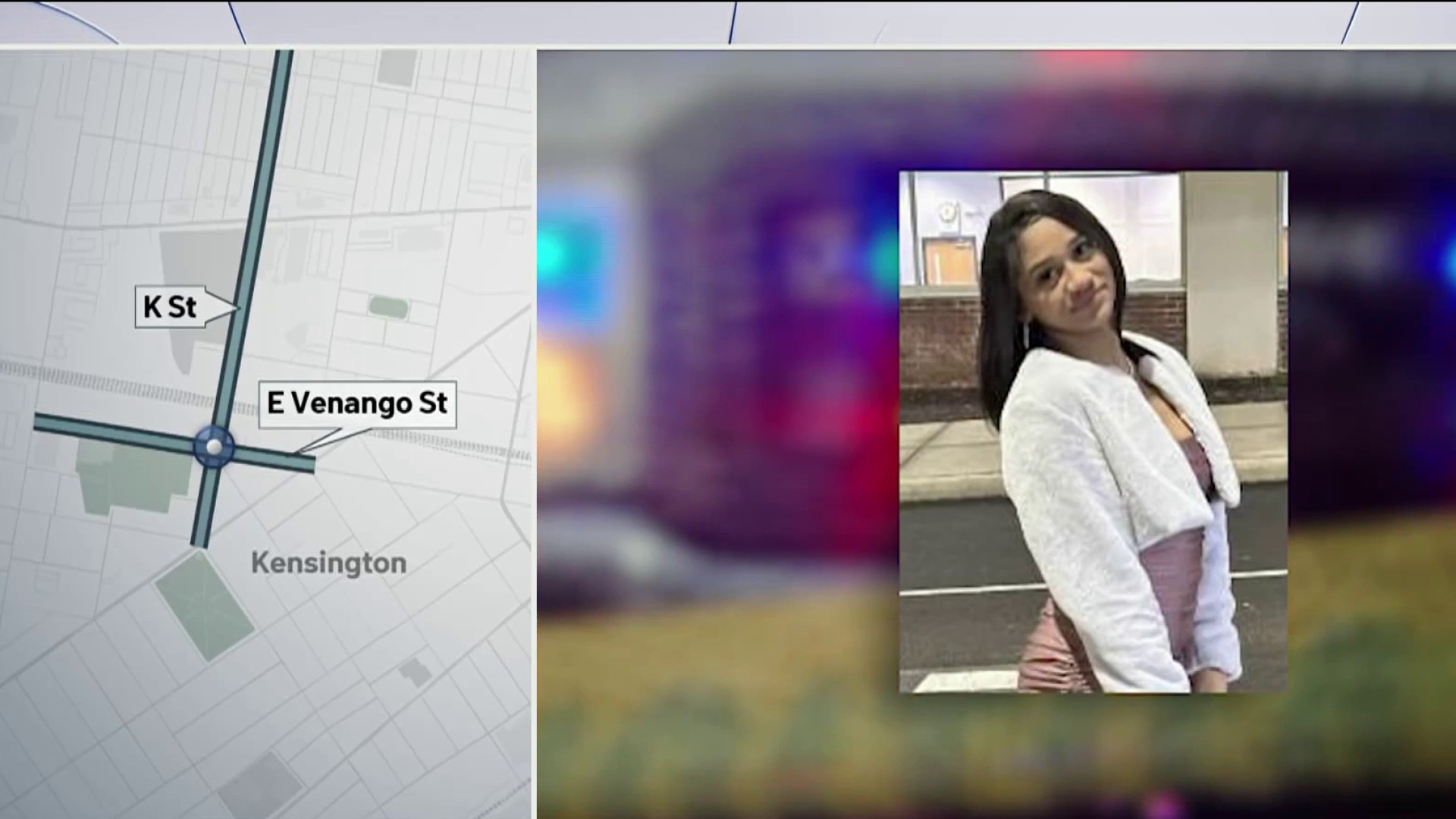Katharine Miller doesn't remember when the group she was with began getting pepper sprayed as she knelt on I-676 during June 1 protests.
"A police officer walked toward us and that's actually all I remember. I blacked out when this happened," Miller told NBC10. "All I remember is the officer's face as he walked toward us."
But she doesn't need a picture-perfect recollection. Video of the Philadelphia Police SWAT officer spraying Miller and others went viral, and was seen in footage from several news outlets.
Police Commissioner Danielle Outlaw said that officer, whom she did not name, is now suspended with intent to dismiss, after being placed on desk duty within 24 hours of the incident. The news came in a press conference with Mayor Jim Kenney Thursday where city officials apologized for uses of force during the June 1 protests, including the deployment of tear gas canisters and the SWAT officer's use of the spray on I-676.
Officials also told NBC10 Friday they are reviewing the May 31 decision to deploy tear gas in West Philadelphia. Kenney and Outlaw are "highly concerned about what transpired on 52nd Street as well," a city spokeswoman said. Former Deputy Commissioner Dennis Wilson, who voluntarily took a demotion Thursday to Chief Inspector, made the calls to deploy tear gas both on 52nd Street and on the interstate, she added. The city has pledged an external consultant will review police uses of force over those days of massive protests and later, looting in some areas.
For some who felt the sting of the gas - launched by police during a protest against police brutality - the apology is only a start.
Local
Breaking news and the stories that matter to your neighborhood.
“An apology’s cool, but we’re still a bunch of people that are from the city that got really hurt that day,” said Kato Koehler, who was in the group on the highway. “And an apology several weeks after the fact, to me that doesn’t do anything.”
Bryan Mercer, from the Movement Alliance Project, wants to see changes that cut deeper to the identity of the police department.
“I think what happened is a prime example of how a militarized police force responds to people exercising their civil liberties,” he said.
When asked at a news conference Friday, Kenney said the city expects legal action to follow after those May 31 and June 1 events.
“There’ll be lawsuits, more lawsuits than you could ever imagine," Kenney said. "I suspect that we’re going to be sued on a number of different things and different reasons, and I can’t speculate on what it’s going to be or how many it’s going to be."
And he said the decision to deploy the tear gas was made based on incomplete information.
"We were seeing aerial views of various scenes, and decisions were made based on what information was being provided to us at the time," Kenney said. "That information turned out to be incorrect and/or misleading and that’s why the apology came yesterday."
Miller, a social work student, says the apology is a start but wants to see the city prioritize schools over the police department.
“A change in those priorities is what to me an apology will look like,” she said.
NBC10's Rudy Chinchilla contributed to this report.



